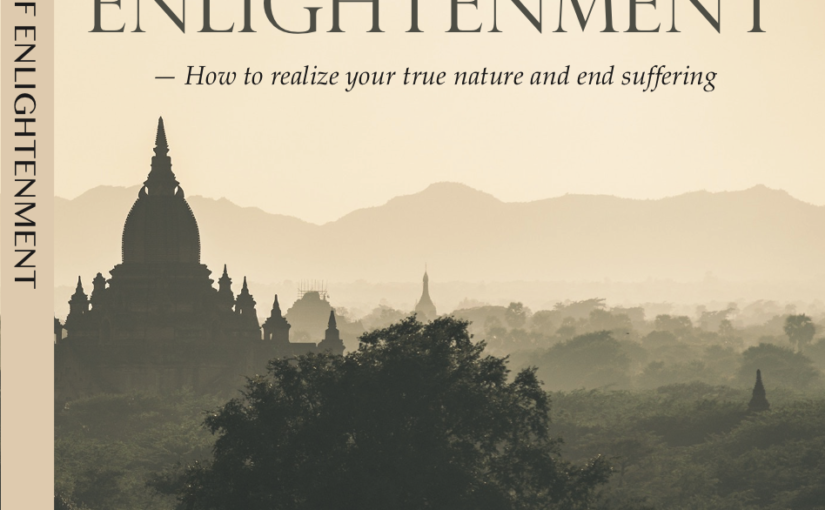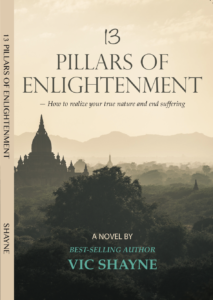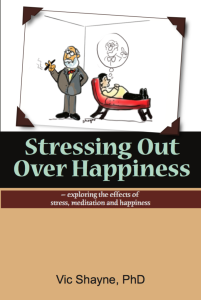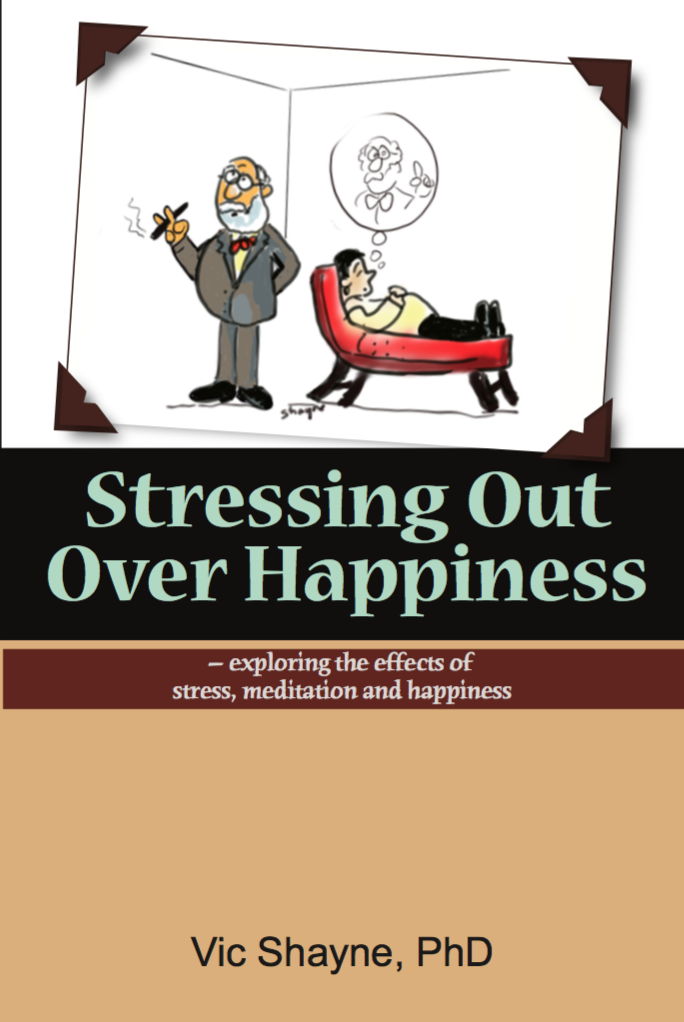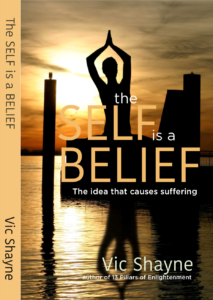When I wrote Consciousness: The Potentiality of All Existence: Exploring reality and belief as a subjective experience, I knew I was jumping into turbulent waters, because there is such a huge divide between materialist science and spirituality. Strangely, as I discovered in the process of writing, both religious people and materialist scientists base their opinions about spirituality on beliefs. Both ends of the spectrum swear that they are right and that they have the answers to life’s questions, including what consciousness is. But it turns out that a belief is a belief, which means that the believer has no idea of what the truth is, yet this is what shapes most people’s opinions and actions.
Consciousness isn’t a book for everyone, because it’s quite honest in its approach to who we are and why we see the world in our own unique ways. Honesty does not sit well with the egoic sense of self. The self has been conditioned since birth to believe it is a body and all of the attachments and identities that go along with it. In essence, people are not who they take themselves to be; they are amalgams of thoughts that are unreliable, ephemeral, and changeable.
Although we are quiet complex people, this book is easier reading than it looks!
In Consciousness, I discuss all sorts of ideas of what consciousness is, according to the experts who ironically really 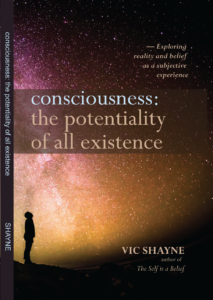 do not know very much outside of their own guesses and iffy conclusions, whether they are scientists or self-proclaimed New Age experts. If you are alive, you are experiencing consciousness.
do not know very much outside of their own guesses and iffy conclusions, whether they are scientists or self-proclaimed New Age experts. If you are alive, you are experiencing consciousness.
This book also dives into the many experiences in consciousness — near death and out of body experiences, dreaming, lucid dreaming, intuition, hallucinogenic trips, imagination, quantum entanglement, and more.
It’s so easy that it’s hard
So how do you get to the bottom of what consciousness is? The answer is so easy that it is mostly overlooked. In addition to my experience with many years of self-enquiry meditation, I turned to some of the most respected and profound teachers who have realized their own natures by waking up to what they are not. That’s right, what they are not. This means that we all have the ability to observe our own state of being and see where thoughts come from, how they rise and fall, and how they accrete to form a sense of self.
A number of gurus have taught about finding one’s true nature as consciousness down through the ages, from Buddha to Rumi, and from Jiddu Krishnamurti to Ramana Maharshi. These individuals have all said the same thing: You cannot rely on information, teachings, rituals, religion, ideas, thinking, or practice to realize consciousness; you just have to observe with great persistence, desire, and interest, and eventually it dawns on you who you are.
If you are too tied to your beliefs about who you are, as well as the teachings of New Age philosophy, religion, or materialist science, then don’t take this book personally. You can read it for an intellectual understanding. Or if you are brave enough you can look into your own self at the deepest level and in the process let go of your preconceptions and suppositions. Read the book and investigate your own nature. It’s quite rewarding if you can do it.
Happy reading!
#neardeathexperiences #outofbodyexperiences #dreams #quantumentanglement


